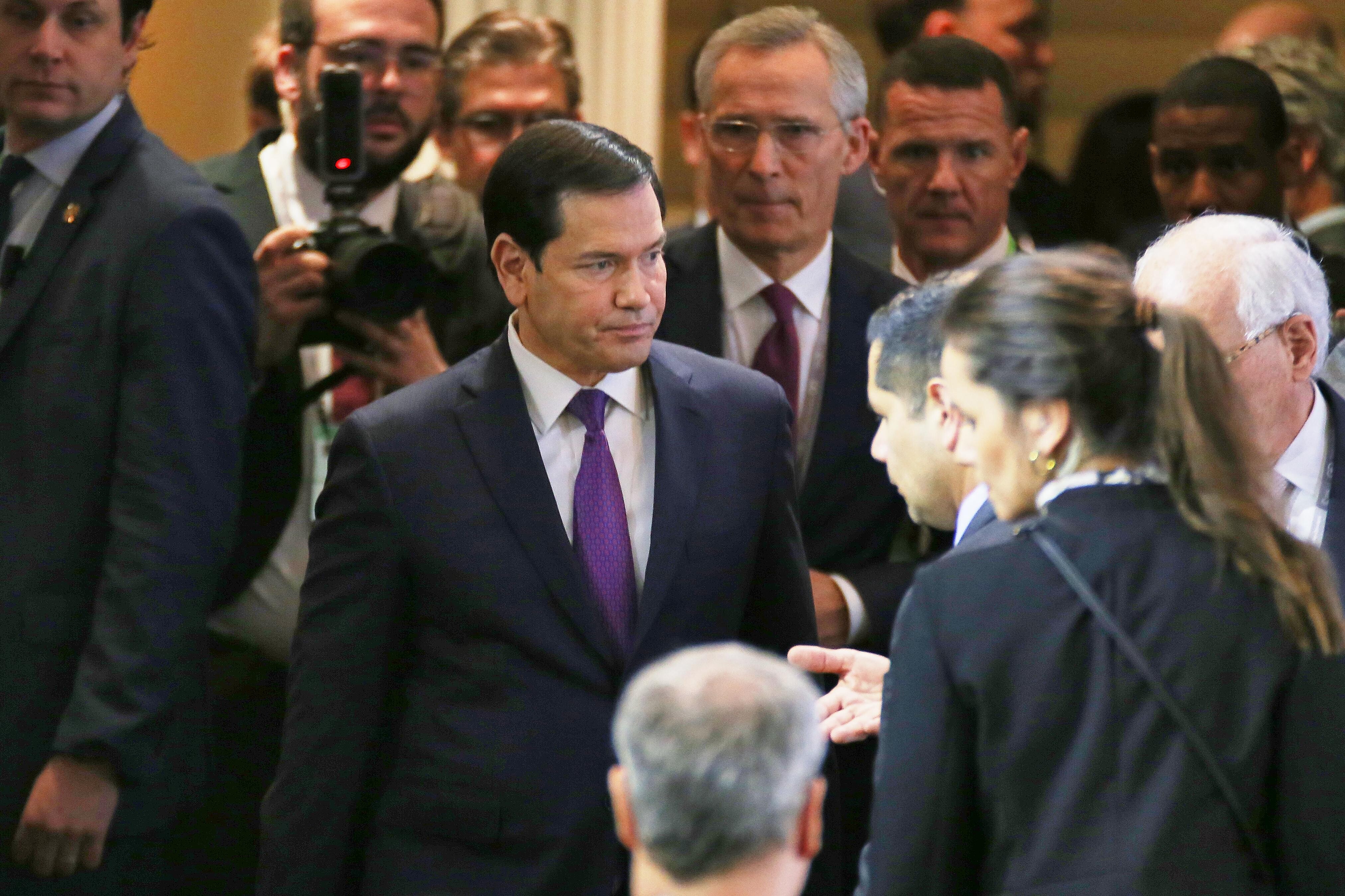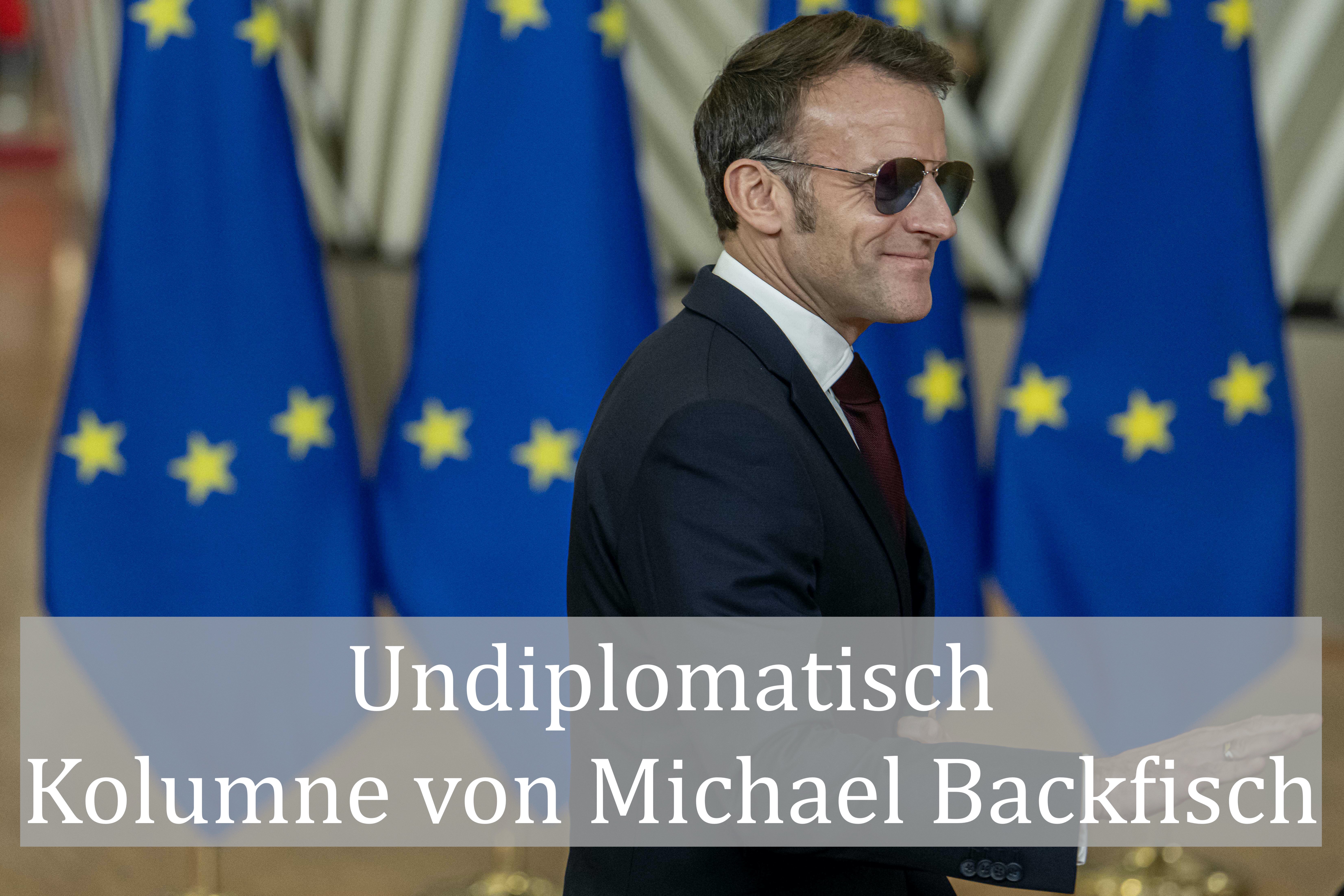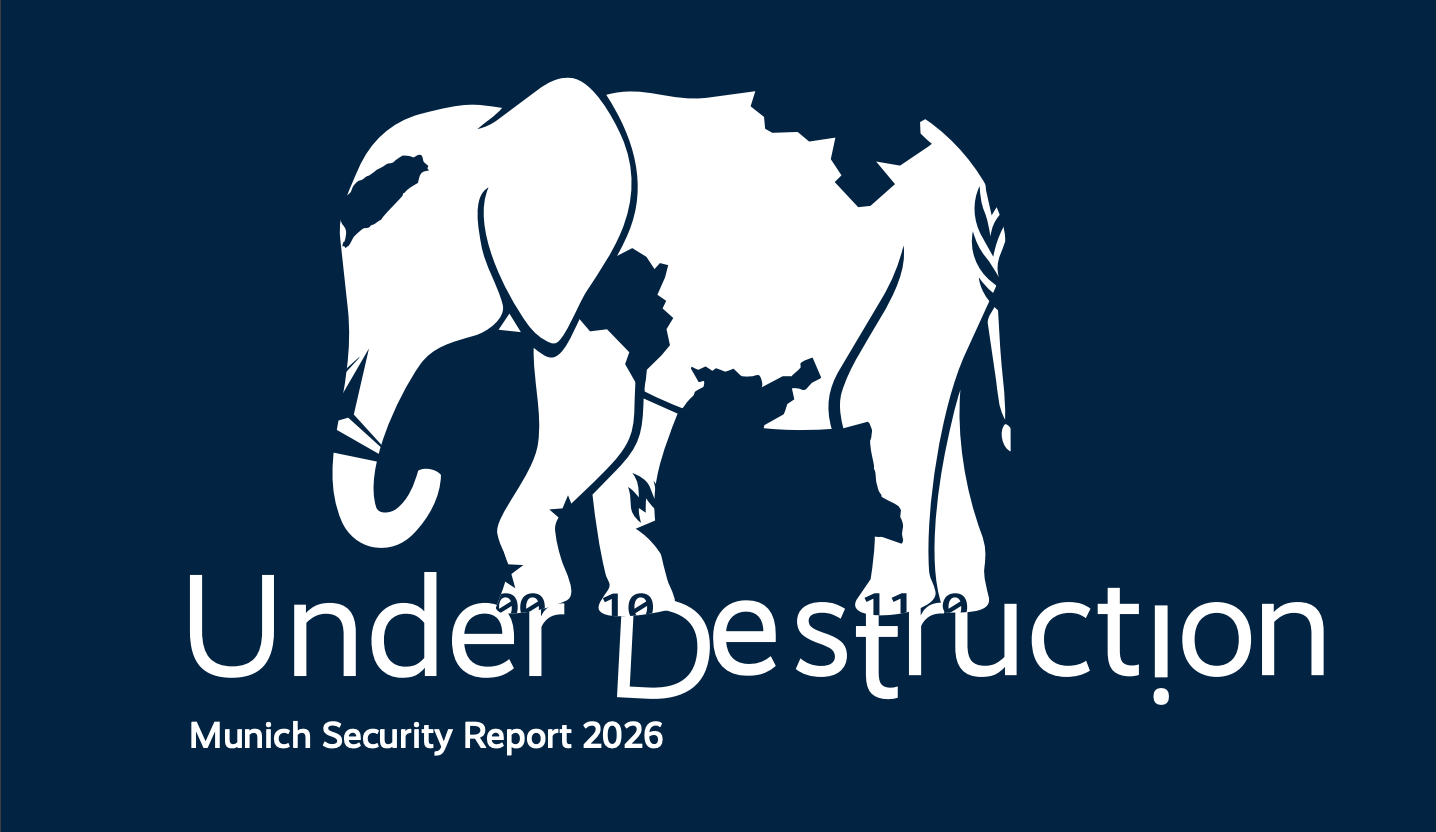diplo.news
Mali's foreign minister calls for investments from Germany

The West African Sahel state of Mali is seeking German investments. Mali's Foreign Minister Abdoulaye Diop stated on Thursday on the sidelines of a conference in Berlin that the landlocked state which had been plagued by terrorist militias was once again under the control of the military government, with the exception of a few isolated regions. “We're now open to partnerships,” he explained. Germany, with its relatively short colonial past, could be a preferred partner in this regard. “The market is there; we need joint ventures to transform our economy, because we can only achieve security and stability through economic development,” he said. The interim government in Bamako has also already adopted a development plan for this purpose. Creating jobs in the country could also help stop migration to Europe in the long term.
On the question of a specific election date in Mali, he emphasized that the conditions for this must first be created in the liberated areas. “We need to rebuild state institutions first,” stressed Diop. Due to the precarious security situation in the north of the country, German Armed Forces (Bundeswehr) soldiers were also stationed as part of the UN Minusma peacekeeping mission until the end of 2023. However, there was also severe criticism of the orientation of the mission in the West African state. Diop: “The mission was completely inadequate: You can't send soldiers to maintain peace if there isn't one; we're dealing with a terrorist threat.”
Following increasing instability in the Sahel caused by armed Islamist groups, there have been military coups in quick succession in the countries of Mali, Niger and Burkina Faso, which are now testing a special political path in the region. The Malian interim government led by General Assisi Goïta is politically and economically distanced from the former colonial power France and had recently faced criticism from abroad with a planned dissolution of all political parties in the country. Diop defended the decision with the words: “We have 300 political parties in Mali, of which only 15 are represented in parliament.” The state therefore wants to reduce them and put them on a new legal basis. It is not about oppression, but about building new democratic structures.
Ralf Krüger




